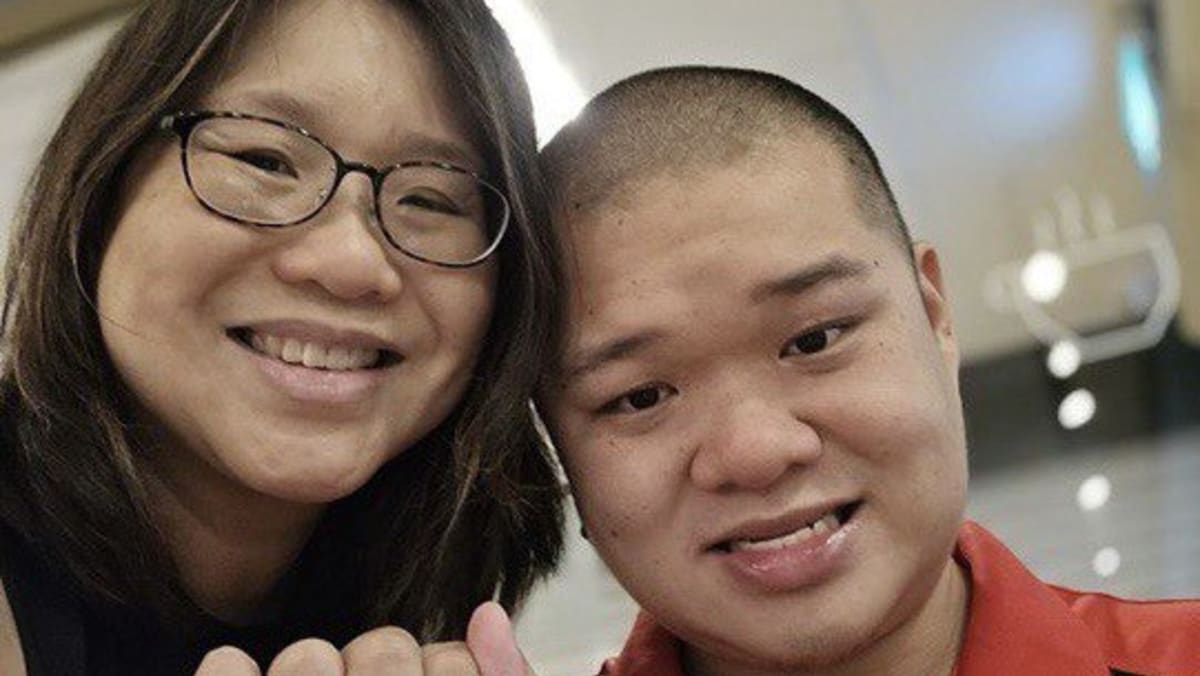When her toddler did not meet her gaze and lacked interest in playing with other children of his age, Dr Sung Min got anxious. Seeing her son miss milestones, Dr Sung, a senior consultant at the Department of Developmental Psychiatry at Singapore’s Institute of Mental Health (IMH), panicked.
When he was eventually diagnosed with autism, the child psychiatrist was relieved – and grieved. The gaps in understanding of the condition then also caused confusion and undue stress to her as a parent.
Autism or autism spectrum disorder (ASD) is a neurological and developmental disorder. It affects how a person interacts with others, in terms of how communicate, learn, and behave in different settings and environments.
Through her own experience with her son, Dr Sung, with a team of three, established autism services at IMH in 2006.
The 56-year-old has since been involved in several research projects, including the effects of cognitive behaviour therapy on anxiety in children with ASD in 2011, a study on omega-3 fatty acids in the management of ASD in 2015, a study on coping and well-being in parents of children with ASD, also in 2015 and one on supporting individuals with ASD in medical settings during the pandemic, in 2020.
UNDERSTANDING AUTISM IN THE EARLY DAYS
For most parents of children with ASD, their initial reaction is, “What is wrong with my child?” and upon diagnosis, “I wish I knew this diagnosis earlier.”
Dr Sung said: “I went through the grief process of coping with the acceptance of a child with special needs.”
She admitted that the process was humbling and it took years for her to come to terms with her son’s diagnosis. “I had unrealistic expectations of him in his younger years, which led to difficulties with him coping and resulting in challenging behaviour.”
